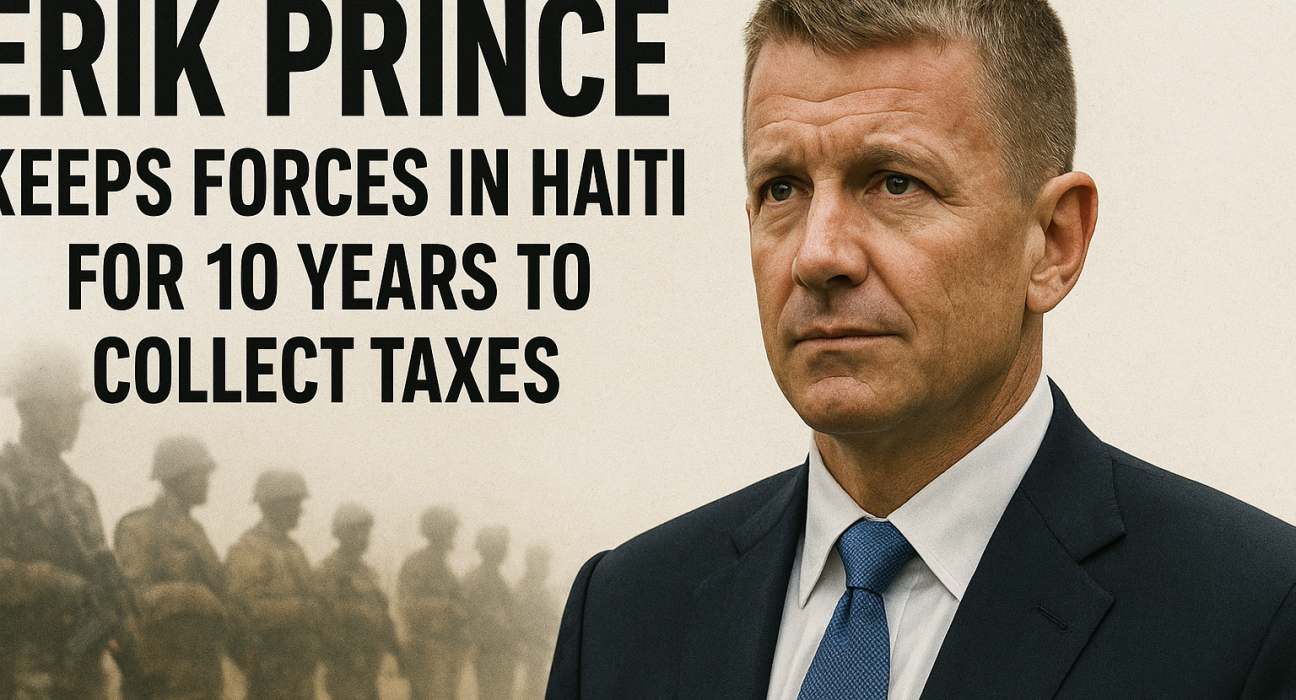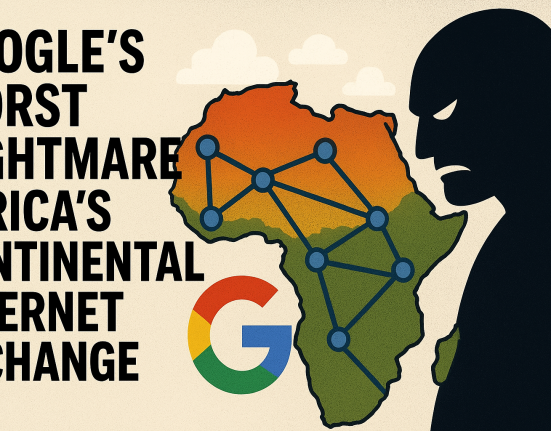In a bold and controversial move, Erik Prince, founder of the infamous private military firm Blackwater and a prominent ally of Donald Trump, has announced a decade-long engagement in Haiti through his company Vectus Global. The plan, revealed in an exclusive interview with Reuters, outlines a dual mission: combatting rampant gang violence and establishing a tax collection system for the Haitian government.
Fighting Gangs with Mercenaries
Haiti has been gripped by escalating gang violence, with criminal groups controlling large swathes of the capital, Port-au-Prince. Prince’s firm began operations in March 2025, deploying drones and coordinating with a task force led by the Haitian prime minister. The next phase involves intensifying operations with hundreds of fighters from the U.S., Europe, and El Salvador—trained snipers, intelligence specialists, and support teams equipped with helicopters and boats.
Prince claims that within a year, his forces will reclaim major roads and territories from gang control. His benchmark for success? “When you can drive from Port-au-Prince to Cap Haitian in a thin-skinned vehicle and not be stopped by gangs,” he told Reuters.
Tax Collection and Economic Control
Once security is stabilized, Vectus Global will pivot to economic infrastructure—specifically, designing and implementing a system to tax goods imported across Haiti’s border with the Dominican Republic. This aspect of the deal, previously undisclosed, positions Prince’s firm not just as a security contractor but as a key player in Haiti’s fiscal governance.
However, Prince declined to disclose how much the Haitian government will pay Vectus or the projected revenue from the tax system. The lack of transparency has raised eyebrows among international observers and Haitian citizens alike.
Political Implications and U.S. Response
The U.S. government has distanced itself from Prince’s operations. A senior White House official stated, “The U.S. government has no involvement with the private military contractor hired by the Haitian government. We are not funding this contract or exercising any oversight”.
Despite this, Prince’s growing influence in international security and governance—having advised Ecuador and struck deals in the Democratic Republic of Congo—suggests a broader geopolitical ambition. Critics argue that such private interventions risk undermining national sovereignty and accountability.
Legacy and Controversy
Prince’s legacy is shadowed by Blackwater’s role in the 2007 Nisour Square massacre in Baghdad, where 14 unarmed civilians were killed. Though he sold the company in 2010, the incident remains a defining moment in debates over privatized military force. The convicted contractors were later pardoned by Trump.
His reemergence in Haiti, a nation long plagued by foreign interference and internal instability, reignites questions about the ethics and efficacy of outsourcing national security and governance to private entities.
What’s Next?
As Haiti’s transitional government navigates this partnership, the international community watches closely. Will Prince’s forces bring stability—or deepen the complexities of foreign involvement in Haitian affairs? Only time will tell.








Leave feedback about this
You must be logged in to post a comment.